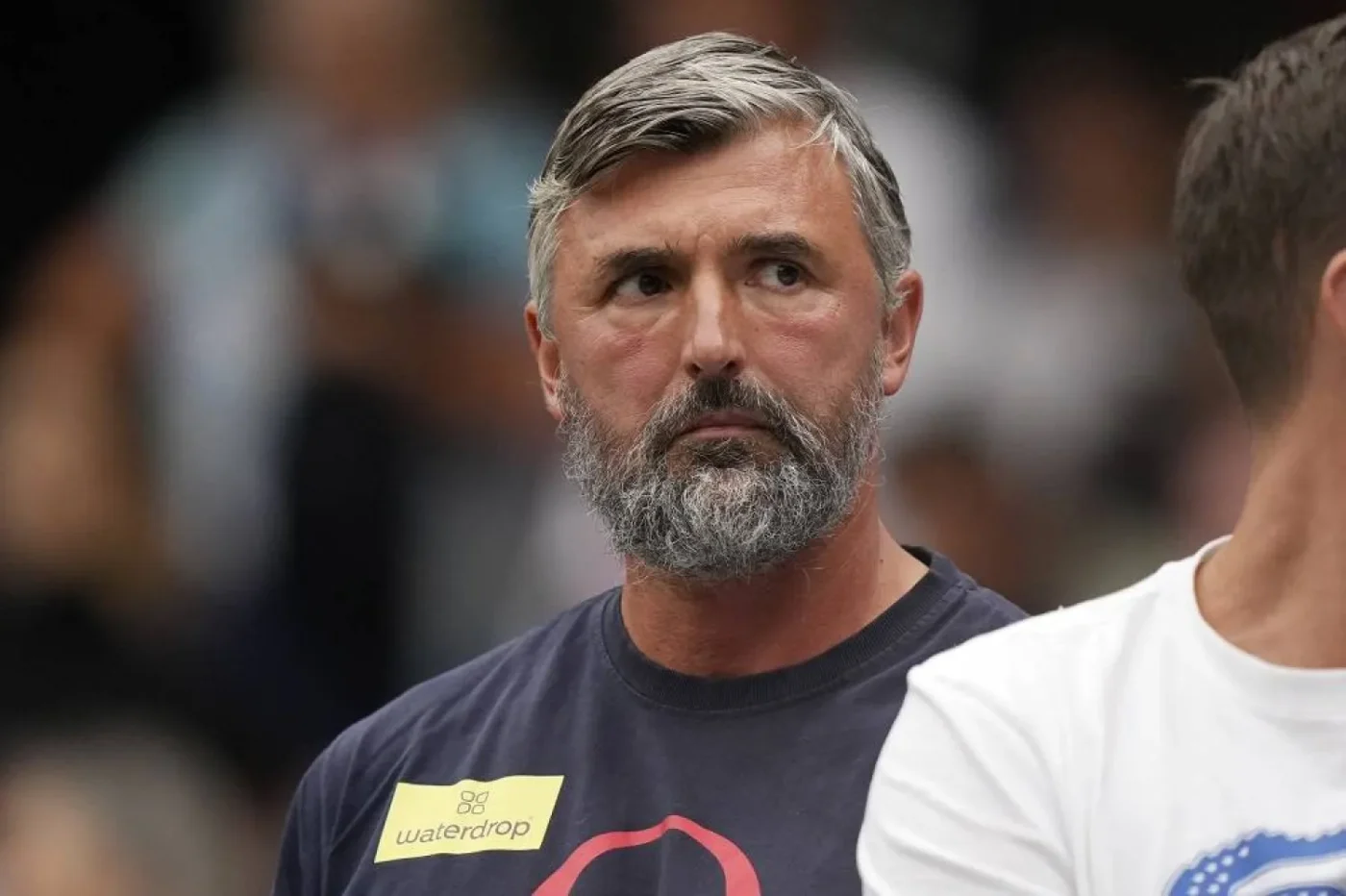Tennis might serve up a picture of prestige and athletic perfection, but according to those closest to the game, it’s a pressure cooker behind the scenes. Former Wimbledon champion Goran Ivanišević, now coaching Greek star Stefanos Tsitsipas, has made a sobering admission: “Everyone’s on antidepressants.”
Ivanišević’s blunt observation wasn’t meant to shock, but to highlight a growing problem in the sport: the emotional and mental weight elite players carry, often from a young age. “The pressure is unbelievable,” he said in a recent interview. “It’s not just about winning anymore. It’s about living up to social media, family, coaches, sponsors… everyone expects something.”
RELATED: I Travelled 16,632 Kilometres To Improve My Mental Health with Psilocybin Therapy
His comments came just days after World No. 2 Alexander Zverev was knocked out of Wimbledon in a surprise loss to Taylor Fritz. Visibly disheartened in the post-match press conference, Zverev said he felt “empty” and that the joy had “completely gone” from tennis.
Curated news for men,
delivered to your inbox.
Join the DMARGE newsletter — Be the first to receive the latest news and exclusive stories on style, travel, luxury, cars, and watches. Straight to your inbox.
“We need to change how we raise players. Let them enjoy the game before we turn it into a business.”
Now Novak Djokovic has weighed in, supporting his former coach’s claims and pointing the finger squarely at today’s social media-driven environment. “It’s not natural for 13-year-olds to be treated like professionals,” Djokovic said. “They’re playing for followers instead of passion. It’s a dangerous mix.”
The mental health conversation in tennis isn’t new. Naomi Osaka’s 2021 withdrawal from the French Open sparked global discussion around athlete welfare, and Nick Kyrgios has openly discussed his own battles with depression. But the fact that top male players, once seen as emotionally impenetrable, are now voicing concerns signals a cultural shift.
RELATED: Wimbledon’s Multi-Million Dollar Club Is The Ultimate Luxury Sports Investment
What’s clear is that the mental health of players, especially those entering the tour during their teenage years, is coming under heavier scrutiny. The modern tennis calendar is relentless. There’s no true offseason, the travel is constant, and the stakes, both financial and reputational, are enormous.
And while sports psychologists are now standard support staff, Ivanišević argues that treating the symptoms isn’t enough. “We need to change how we raise players. Let them enjoy the game before we turn it into a business.”
With the three biggest voices in men’s tennis all expressing concern, the message is hard to ignore. Tennis might still be beautiful from the outside, but inside the baseline, the emotional toll is real.

